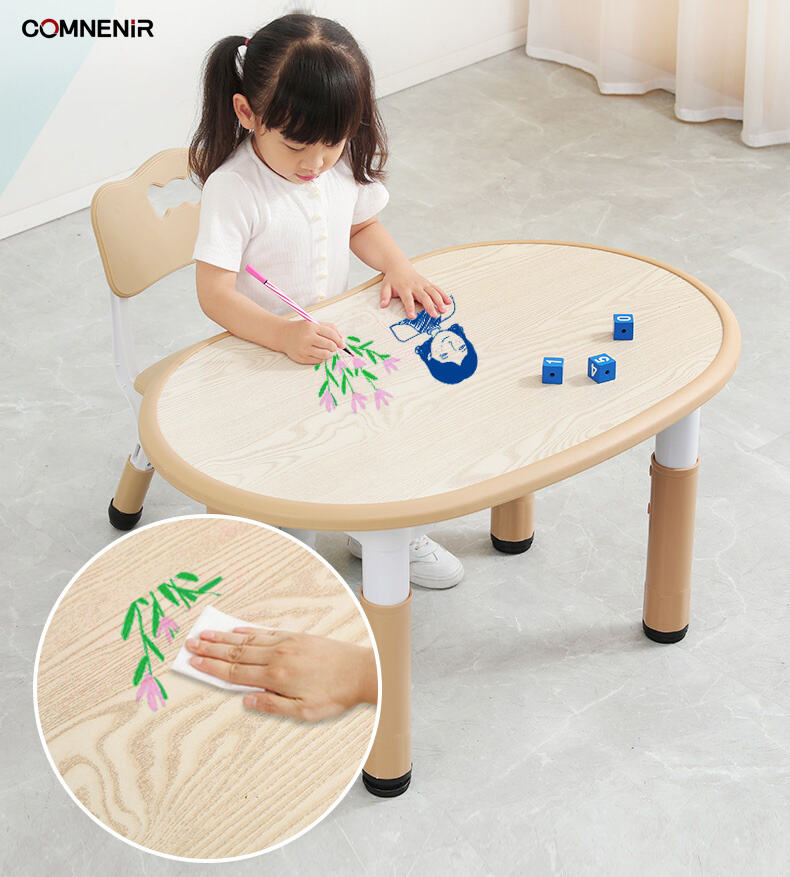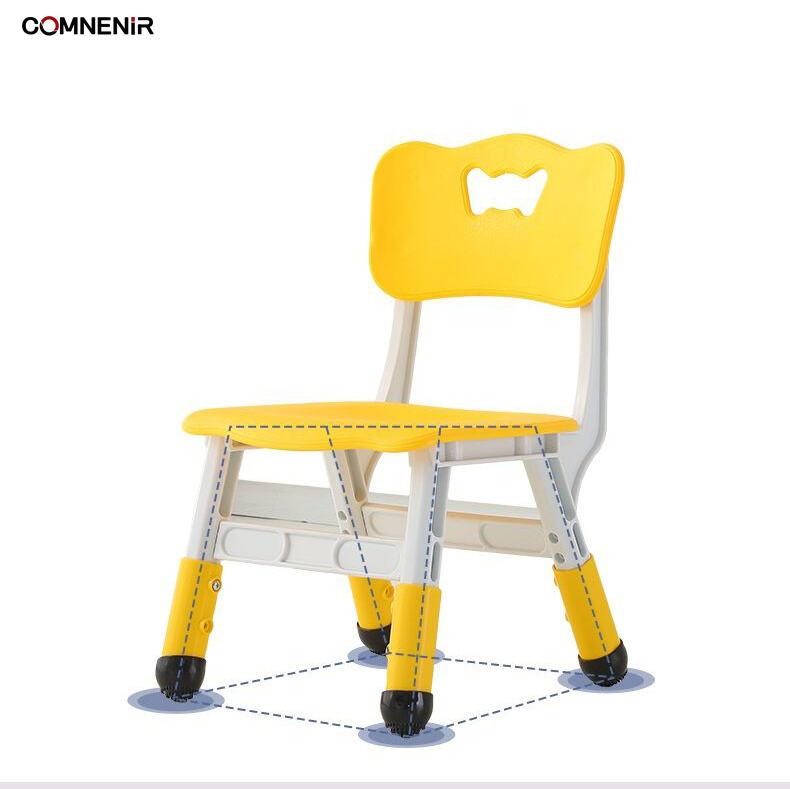laboratory furniture manufacturer
A laboratory furniture manufacturer specializes in designing and producing high-quality, durable furniture solutions specifically engineered for scientific environments. These manufacturers combine precision engineering with innovative design to create comprehensive laboratory setups that meet strict industry standards and safety regulations. They produce a wide range of items including laboratory benches, fume hoods, storage cabinets, workstations, and specialized storage solutions. Using advanced materials like chemical-resistant surfaces, antimicrobial coatings, and ergonomic designs, these manufacturers ensure their products can withstand harsh laboratory conditions while providing optimal functionality. Modern laboratory furniture manufacturers integrate smart technologies, including modular design systems, adjustable components, and digital monitoring capabilities, allowing for flexible laboratory configurations that can adapt to changing research needs. They employ sophisticated quality control processes and conduct rigorous testing to ensure their products meet international safety standards and certification requirements. Additionally, these manufacturers often provide customization options to accommodate specific laboratory requirements, space constraints, and workflow optimization needs, making them essential partners in creating efficient and safe research environments.


